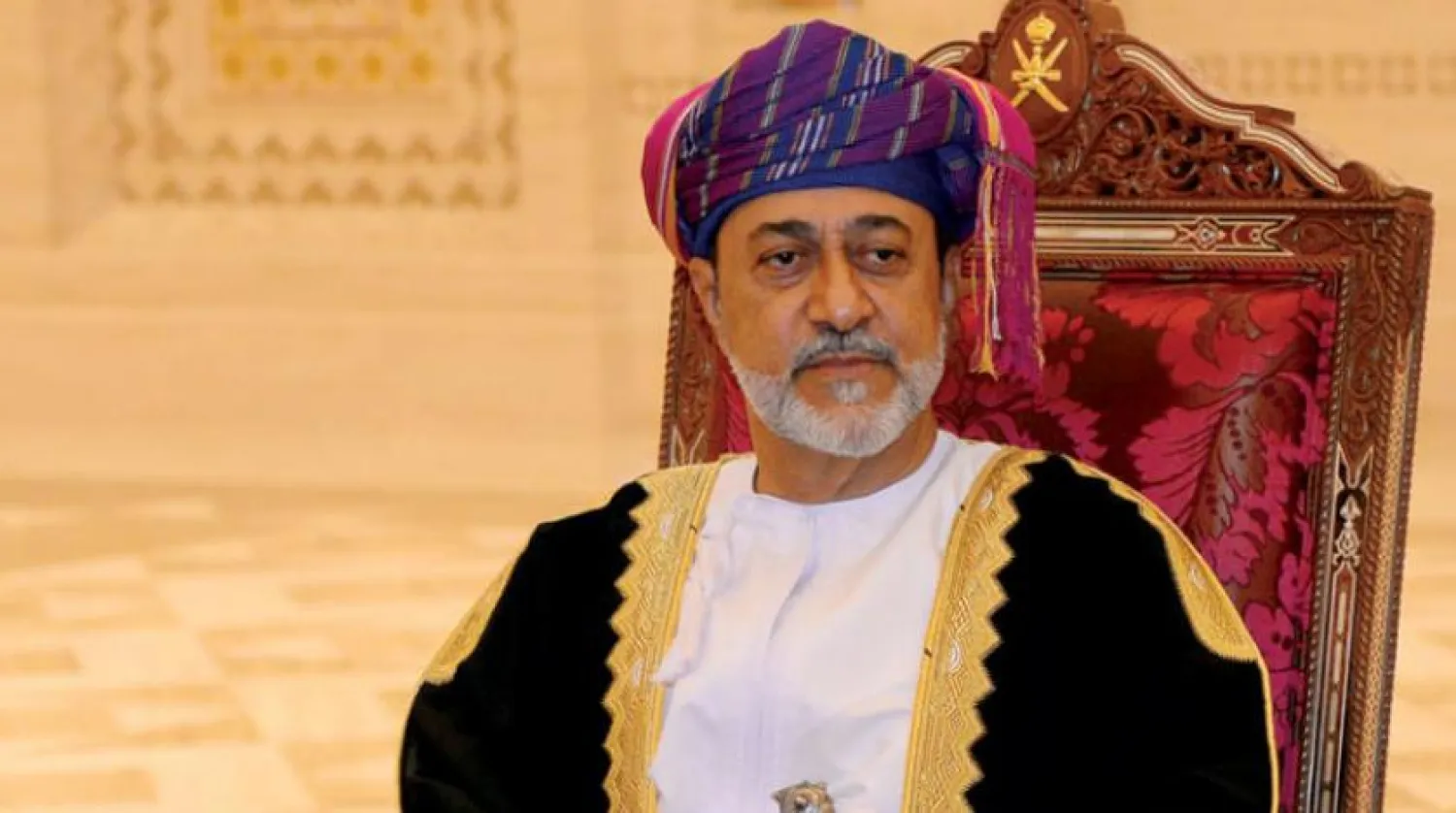Oman's Sultan Haitham bin Tariq has affirmed that austerity measures endorsed by the authorities aim at achieving “financial sustainability.”
Sultan Haitham on Wednesday addressed the nation on television on the occasion of the country’s 50th National Day.
“Despite the challenges facing our economy, the financial balance plan, and the measures that have been taken are sufficient to bring our economy to a safe shore,” he said.
In his speech, the Sultan stated that the government had taken the necessary measures to mitigate the impact of the coronavirus pandemic.
Sultan Haitham stressed that to support the government’s ability to move forward in achieving Oman 2040 Vision, “we have worked to develop the state’s administrative apparatus and the restructuring of the Council of Ministers, and we have entrusted to it the responsibility of implementing development plans” in a way that enhances government performance and raises its efficiency."
The Sultan added that his government will continue working on “reviewing" legislative and supervisory mechanisms, and developing accountability tools as a “main pillar of Oman’s future.”
He stressed the importance of accountability in “safeguarding the rights of the nation and citizens,” and its role in establishing justice and integrity.
On decentralization, Sultan Haitham said in his speech, “We have laid the organizational basis for local administration by establishing a decentralized administrative structure."
He stressed that the health, social and economic sectors are at the top of the government’s priorities, with an emphasis on continuing to support these sectors “to provide health services and education with utmost efficiency.”
The Sultan also highlighted the positive aspect of the pandemic on the government’s digital transformation, saying it helped accelerate its pace.









